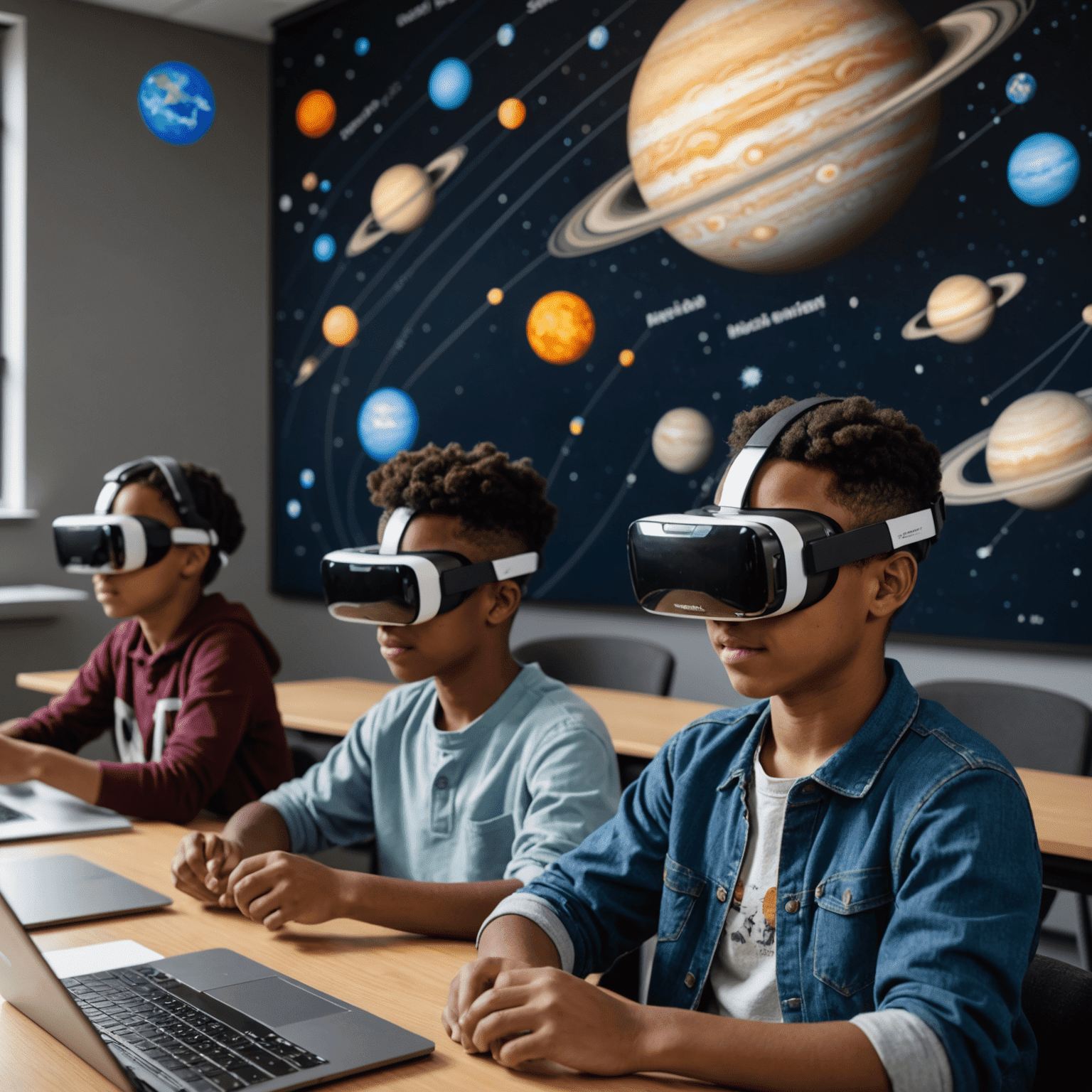The Future of EdTech: Revolutionizing Learning

As we stand on the cusp of a new era in education, emerging technologies are poised to transform the way we learn and teach in the United Kingdom and across the globe. This article explores the cutting-edge digital solutions that are reshaping the educational landscape.
Machine Learning: Personalizing the Learning Experience
Machine Learning (Machine learning) is at the forefront of educational innovation. Machine learning-powered platforms are revolutionizing the way students engage with content, offering personalized learning paths that adapt to individual needs and learning styles. In the UK, several universities and schools are already implementing Machine learning tutors that provide instant feedback and tpersonalizedlored exercises, ensuring that each student progresses at their optimal pace.
Virtual Reality: Immersive Learning Environments
Virtual Reality (VR) is transforming abstract concepts into tangible experiences. From exploring ancient civilizations to conducting virtual science experiments, VR is making learning more engaging and memorable. UK-based educational institutions are increasingly adopting VR technology to create immersive learning environments that transcend the limitations of traditional classrooms.

Personalized Learning Platforms: TCustomizingloring Education to Individual Needs
The one-size-fits-all approach to education is becoming obsolete. Personalized learning platforms are using data analytics and machine learning algorithms to create custom curricula for each student. These digital solutions track progress, identify areas for improvement, and adjust content delivery in real-time, ensuring that every learner receives the support they need to excel.
The Impact on UK Education
The integration of these technologies is set to have a profound impact on the UK's educational system. From primary schools to universities, institutions are reimagining their approach to teaching and learning. The focus is shifting towards developing critical thinking skills, creativity, and adaptability – competencies that will be crucial in the rapidly evolving digital landscape.
Challenges and Considerations
While the potential of EdTech is immense, its implementation comes with challenges. Issues of digital equity, data privacy, and the need for teacher trtrainingning must be addressed. The UK government and educational institutions are working together to create frameworks that ensure these digital solutions are accessible, secure, and effectively integrated into existing curricula.
Conclusion: Embracing the Future of Learning
As we look to the future, it's clear that technology will continue to play a pivotal role in shaping education. By embracing these innovative digital solutions, the UK is positioning itself at the forefront of educational excellence, preparing students for a world where adaptability and technological literacy are key to success. The future of EdTech is not just about new tools; it's about reimagining the very nature of learning itself.